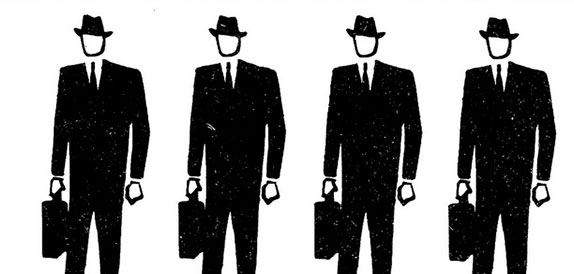“Who should I be coaching?” I’ve been asked this question hundreds of times by both internal sales and corporate coaches as well as those looking to build a career as a coach and develop a sustainable coaching practice on their own.
 The short answer is that not everyone is coachable.
The short answer is that not everyone is coachable.
You can determine if people are ready to be coached by who they are—the degree to which they are receptive to making positive, long-term change both in their thinking as well as in their behavior. This determination is less about what the people do or their position, age, industry, experience, education, knowledge, or intelligence. Remember, coaching is about building sales champions from the inside out.
The following six qualities need to be present in the person and the coaching relationship in order for your coaching to have a profound impact. I’ve identified these attributes by the acronym A. G.R.O.W.T.H.
1. Actionability
A combination of both action and ability. The word represents both the actions that will drive success as well as the person’s actual proficiency and aptitude. Without action, nothing happens. And without the person’s innate ability and intelligence to carry out the task as intended, the action becomes an exercise in futility. As I tell my clients, “If you’re only willing to do today what you did yesterday, then what do you need me for?” This holds true for both action in your thinking and in your doing. Coaching is based on forward movement by engaging in activities you either haven’t tried, haven’t done consistently, or haven’t modeled on established best practices. (You may have been engaging in the activity in a less than effective manner.) In addition, action is the effort you put forth to change your current beliefs, your attitude, and how you think.
2. Gap
Simply put, the gap is the space between where the person is now and where they want to be. It is the space where new resources, beliefs, skills, strategies, and dialogues are co-created by you and them. This gap stands in the way of the person’s goal and where the magic and power of your coaching occur. We will spend some time later in this chapter discussing how to uncover and coach the gap.
3. Responsibility and Ownership
I connect these two characteristics because there is a symbiotic relationship between these traits: One cannot exist without the other. If the person you are coaching is unwilling to take full responsibility for her life, career, or for the outcomes produced throughout the coaching process, your coaching will be ineffective. The coaching sessions can quickly turn into an environment for excuses. What’s worse, coaching someone who is unwilling to take total ownership of her success creates a situation where the coach can easily become the scapegoat and validation for the salesperson’s lackluster results, failures, and inefficiencies.
4. Willingness
.
How badly does your salesperson want to achieve the goals she has laid out? Is this person willing to go above and beyond what her peers are doing to achieve what matters most to her? How has she demonstrated evidence of her commitment and desire to achieve the outlined objectives? Determination and drive are the fuel that propels the coaching forward. Without an unconditional willingness to forge ahead, even in the face of adversity and doubt, you may find that these meetings quickly turn into a prodding or pushing session. The danger is, you may start pushing harder than the person is ready for and then you are dictating the agenda rather than the salesperson.
5. Trust
Trust is the backbone of any relationship, especially a coaching relationship. The foundation of trust is even more essential if the person you are coaching is your employee, peer, or coworker. As with respect, trust is earned. What have you done to earn the trust of the person you are coaching? Or, what have you done to destroy the trust between you and a person you are coaching? Can it be repaired? Can you trust the person you are coaching? Do you have evidence that makes them untrustworthy? Listen to your instincts on this. If you can’t trust them, don’t coach them.
6. Honesty
Honesty is distinct from trust. Honesty refers to the ability of the person you’re coaching to be open and vulnerable with you, the coach. Honesty relates to the degree in which the salespeople not only share with you pertinent information about themselves, their situations, challenges, upsets, and inspirations but also their willingness to look inside themselves and embrace the truth in every situation, whether they like it or not. Part of the role of a coach is to hold up that proverbial mirror so that people can see the truth of what’s going on, what’s getting in their way, and what they need to do to achieve unprecedented results. A defensive attitude creates an unhealthy coaching environment.
Photo Credit: Ross



